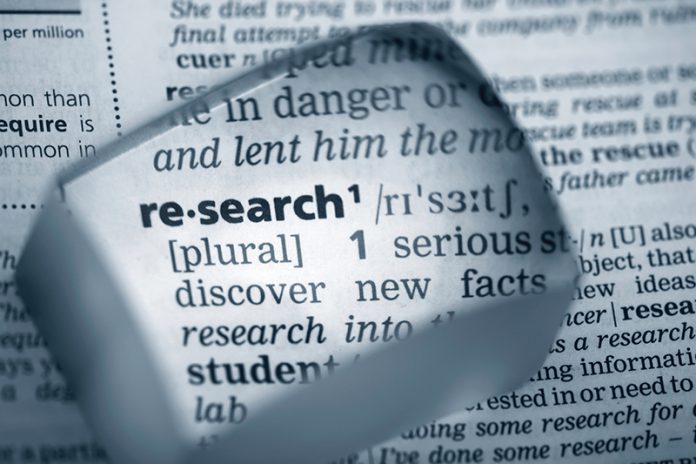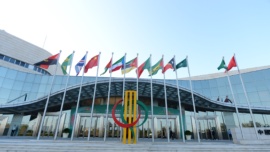
By: Keith Morrison
Author and educationist
As editor of an international academic journal, I consider whether a submitted article is worth putting out for external blind peer review. In this role I ask myself several questions about the paper’s quality, e.g.:
- Is the research sufficiently rigorous and correct at all stages?
- Does it advance the field in which it is working, e.g. substantively, methodologically, conceptually, theoretically, practically?
- Does it make an uptodate, original, significant contribution, and if so, what is it, and to what and to whom?
- Is its content worthwhile, and if so, for what and whom?
- Will it be of interest and use to a wider, international readership?
- What could be its likely impact, and on what and whom?
- Does it have implications for policy makers and decision makers?
- Does it have the potential to make a difference, and to whom, what, where, and how?
- Is the evidence cited valid and reliable?
A paper is rejected if it is little more than an indulgence of its author(s), an airing of ignorance, a dismal attempt to polish the author’s CV (witness, also, conference papers that are little more than highsounding hot air, with the government contributing to conference expenses outside Macau), offering little or nothing of value or use to readers, incapable of making a difference to practice and decision making, with no potential for improvement and development in their fields, and based on ideology rather than evidence. Many papers are rejected simply for being wrong or methodologically suspect. By contrast, however, on the bright side, many papers make the cut and are published.
There is no shortage of decent research papers on Macau in academic peerreviewed journals, and these can inform policy making in Macau; they can make a difference. Serving Macau’s diversification, they cover a wide range of topics about Macau, not only tourism and gaming. For example, for 2017 there were over 1,200 academic papers with ‘Macau’ in their title, in the widely used EBSCO Discovery Service, and over 1,600 in the CNKI Chinese Journals Database. Some of these are worth reading, but, apart from a coterie of selfserving academics, who actually reads them?
 Now, set that against the endless stream of consultancy reports that the Macau government, keen to portray a transparent, disinterested, neutral stance in seeking advice and counsel, commissions from external parties, at great cost, and which frequently tell us what we already know or what a moment’s thought could yield, adorned by the cachet of being ‘scientific’ (e.g. able to be proved wrong).
Now, set that against the endless stream of consultancy reports that the Macau government, keen to portray a transparent, disinterested, neutral stance in seeking advice and counsel, commissions from external parties, at great cost, and which frequently tell us what we already know or what a moment’s thought could yield, adorned by the cachet of being ‘scientific’ (e.g. able to be proved wrong).
Of course, nobody would deny the importance of employing external experts when no resident expertise is available, but we have to ask why there is so little resident expertise. As a prominent Macau resident was reported as saying earlier this year about Macau’s leaders: ‘leaders have to be able to develop . . . solutions. . . . The leaders should not ask outsiders to solve this matter’.
Surely every Macau government department should have its own or shared research office which searches, digests, interrogates, evaluates and summarizes relevant papers from the many academic publications on Macau, perhaps asking some of the questions that I have set out above. Do these exist in Macau?
Even though the agendas and time frames of researchers and policy makers often collide rather than coincide, or research bears little relation or relevance to policy formation and decision making, it is a nobrainer that policy should be expertly informed. It would be interesting to know how many academic research papers on Macau the head of each government department and office has read in, say, their previous year in office.
Macau’s government committees are charged with the responsibility of examining issues in depth. However, I wonder, despite their protestations of non-political interference, how many times their recommendations and decisions are based on personal preference, private values, political will, political expediency or pressure, peer pressure and under-informed judgement rather than real, rigorous evidence. In an age of evidencebased everything, Macau’s public has a right to have policy decisions informed by more than these. Questions such as ‘what evidence’ and ‘whose evidence’ are essential. Solutionfocused and strategic policy making in Macau, in all areas of governance, should be informed by the best evidence available. Is it?
























